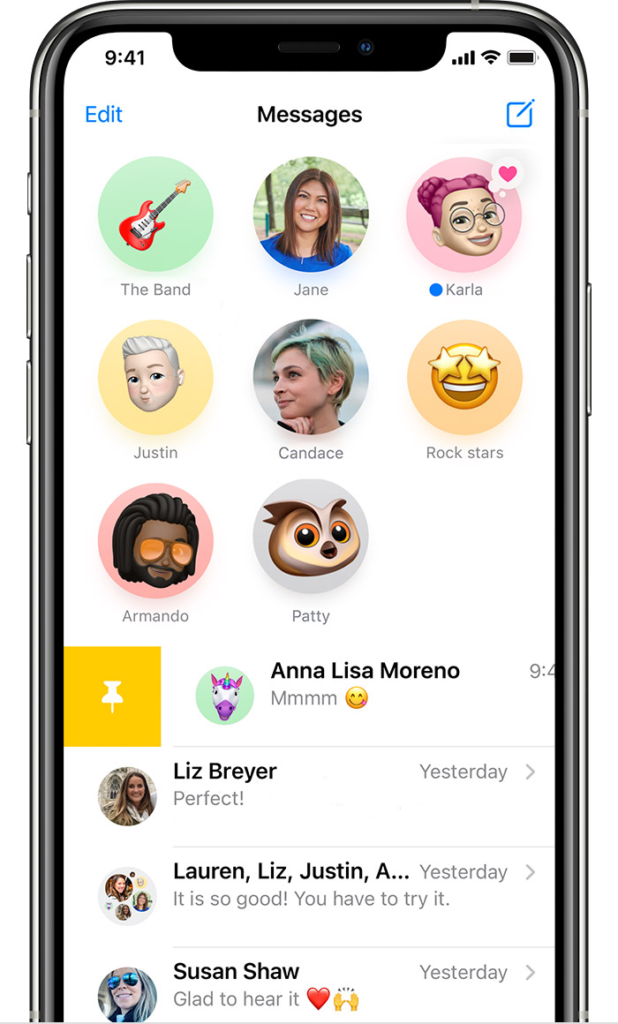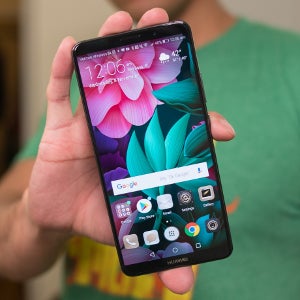

Second, Google has worked to prevent smartphone makers and wireless network operators from launching their own Android application storefronts. It's worth noting that Google has a mixed track record in RCS specifically and lock-in strategies in general.įirst, as noted by Ars Technica's Ron Amadeo on Twitter, Google has launched 13 separate messaging apps since iMessage came out in 2011. "With iMessage we built a great service that our users love and that is different from those offered by other platforms," the company said in a statement to the WSJ.įacebook ended up acquiring WhatsApp in 2014. "Apple's iMessage lock-in is a documented strategy," Google's Lockheimer argued this week.Īpple, though, appears content to maintain its iMessage strategy. "Moving iMessage to Android will hurt us more than help us," Schiller wrote in an email. However, Apple executives, including Phil Schiller, argued against such a move. "I've had people with Androids apologize that they have Androids and don't have iMessage," one 20-year-old told the publication.Īccording to documents released in conjunction with the lawsuit between Epic Games and Apple, the iPhone maker considered offering an iMessage app on Android in 2013, when Google was rumored to be interested in acquiring messaging service WhatsApp. The publication reported that a major draw is Apple's iMessage. The publication cited data from Consumer Intelligence Research Partners Globally showing that roughly 40% of Americans use iPhones, but that figure skyrockets to 70% among users between the ages of 18 and 24.

Lockheimer's statements follow a lengthy Wall Street Journal story on the growth of Apple's iMessage among teens and young adults in the US. Lockheimer argued that Apple's approach to iMessages amounts to "peer pressure and bullying."Īpple considers moving iMessage to Android Moreover, it delineates between iMessages and SMS by coloring the former blue and the latter green. "By not incorporating RCS, Apple is holding back the industry and holding back the user experience for not only Android users but also their own customers."Īpple's iMessage is the default messaging app in its iPhones, and it only supports SMS messages and not the multimedia capabilities of RCS. That's right, RCS will also improve the experience and privacy for iOS users," he wrote. "Supporting RCS would improve the experience for both iOS and Android users alike.
Verizon att android messages rcs apple series#
In a series of messages, Lockheimer basically begged Apple to support the RCS standard in its iMessage service. Lockheimer is Google's SVP of platforms and ecosystems, and is in charge of the company's Android smartphone operating system. "We're happy to work with Apple to make RCS interop a reality," tweeted Google's Hiroshi Lockheimer this week.

But companies ranging from Syniverse to Verizon to Google to Apple continue to discuss the topic anyway. The association's hope was that operators from Vodafone and Verizon would use RCS to create all sorts of interoperable multimedia messaging features similar to Facebook's WhatsApp – essentially supercharging standard, text-only SMS messaging. Rich Communications Services (RCS) technology first surfaced more than a decade ago, when the GSMA was marketing it under the Joyn brand.


 0 kommentar(er)
0 kommentar(er)
